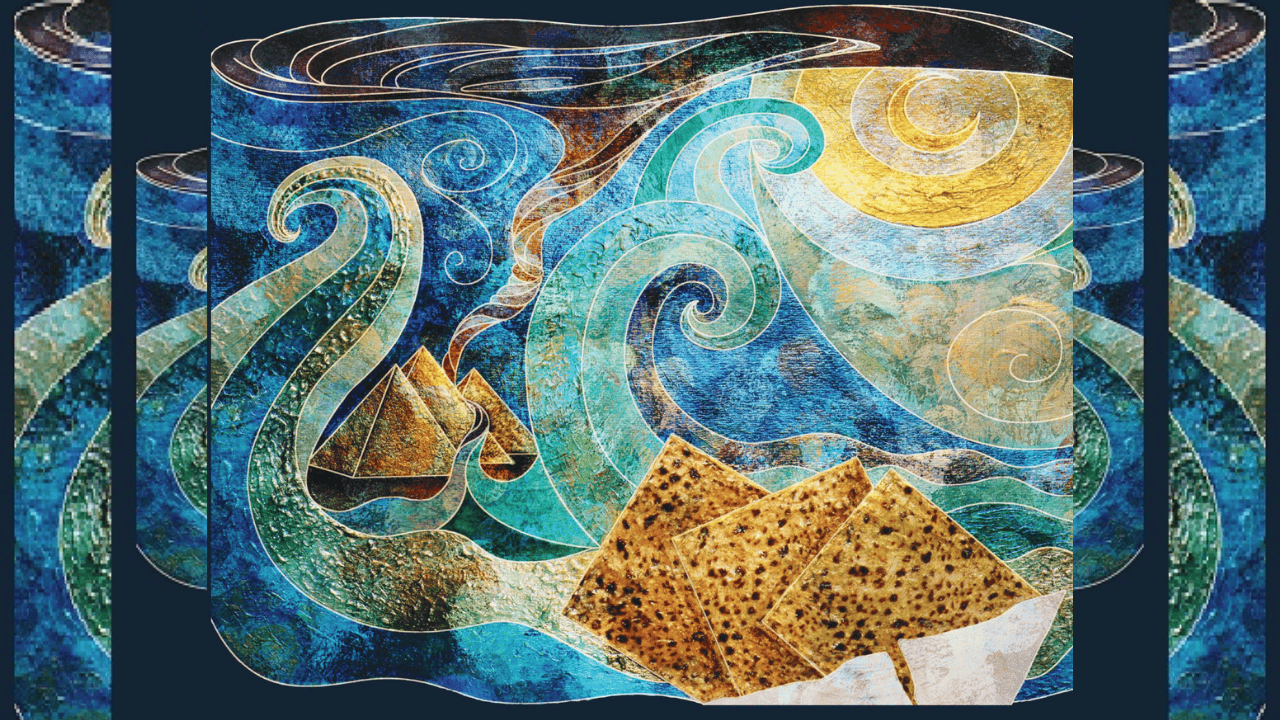The biblical character who most embodies the ability to not just conquer the yetzer hara, the evil inclination, but to guide the imaginative faculties that fuel this drive in a positive direction was Joseph. His ability to fend off Potiphar’s wife’s constant sexual advances earned him the appellation “Joseph the Tzaddik” – Joseph the Righteous. Long before modern psychology the Torah recognized the sex drive as one of the most powerful and primal forces infusing all levels of human consciousness. From the snake in the Garden of Eden to the story of Joseph, from the tale of David and Bathsheba to Samson and Delilah, their exist in Jewish tradition scores of passages and narratives in the Tanach, Midrash, Talmud, Kabbalah, and Chassidut, addressing this formidable energy inhabiting the human body and psyche. Joseph took that energy and power of imagination and used them to create and amplify his keen ability to decipher the symbolic meaning of dreams (dreams that are, paradoxically, produced by the very same mental imaginative force).
We wage the battle for control of the mind and the imagination over the effects that content and imagery introduced by the following three sets of stimuli have on them: external stimuli that constantly bombard our minds; our own hormones’ disturbing jolt; and conflicting feelings and inner voices that well up within us, each demanding our attention and careful discipline. The Ba’al Shem Tov taught that a person is where his thoughts are, and we all know how far away we can be in our minds while our bodies remain quite stationary.
The mitzvah not to stray after our hearts or after our eyes (Numbers 15:39) is one of six perpetual mitzvot incumbent on every Jew, in every place and at all times, as taught by Rambam at the beginning of his classic work the Mishneh Torah (see glossary for a fuller explanation of these six mitzvot as well as Appendix 2). It is also one of the hardest to fulfill, for the mind is like a wild stallion, daring anyone to train it. Yet the mind and our imagination can be trained to a great degree. We must choose between possessing untrained, undisciplined, wild minds and imaginations that drag us after them, or rectified minds and imaginations that become vessels for Divine inspiration and prophecy.
The Midrash states that Joseph knew seventy languages. His knowledge of the symbolism inherent in language was a crucial component of his dream interpreting skills, for dreams either translate prophetic messages from God or translate our individual experiences of the world into symbolic words and images. The latter dreams give expression to our unconscious, subconscious and super-conscious levels, serving as the mechanism by which these largely concealed aspects of our psyche communicate, as they filter and react to the vast amount of physical, emotional, and spiritual input bombarding our senses during our waking hours.
The Hebrew word for interpreting dreams found throughout the story of Joseph is “potar.” The same letters arranged differently spell tofer (the “p” [peh] sound can also be an “f” [feh] sound), which means “to sew.” Joseph was able to take diverse symbols in a dream and rearrange them, sewing them together to create a unified garment or interpretation. When Jacob blessed Joseph at the end of his life he begins the blessing with “Joseph is a fruitful bough, a fruitful bough by a well, whose branches run over the wall.” The Hebrew word for fruitful is “porat,” containing the same letters as to interpret and to sew. (This insight is discussed in The Mystical Meaning of Dreams, pp. 52.)







